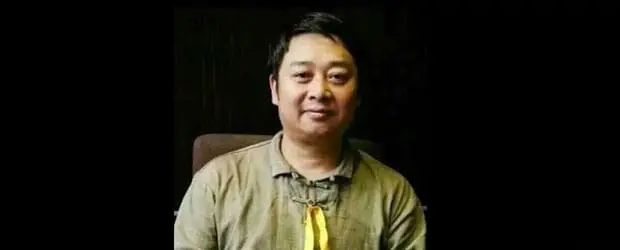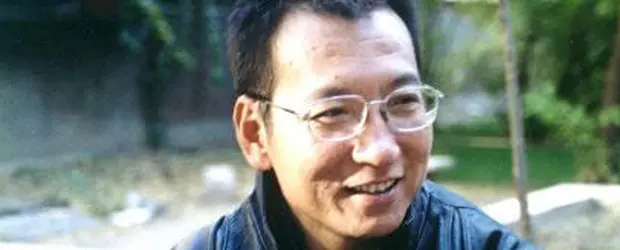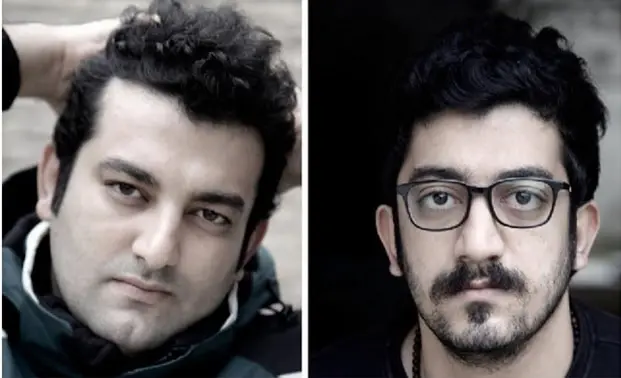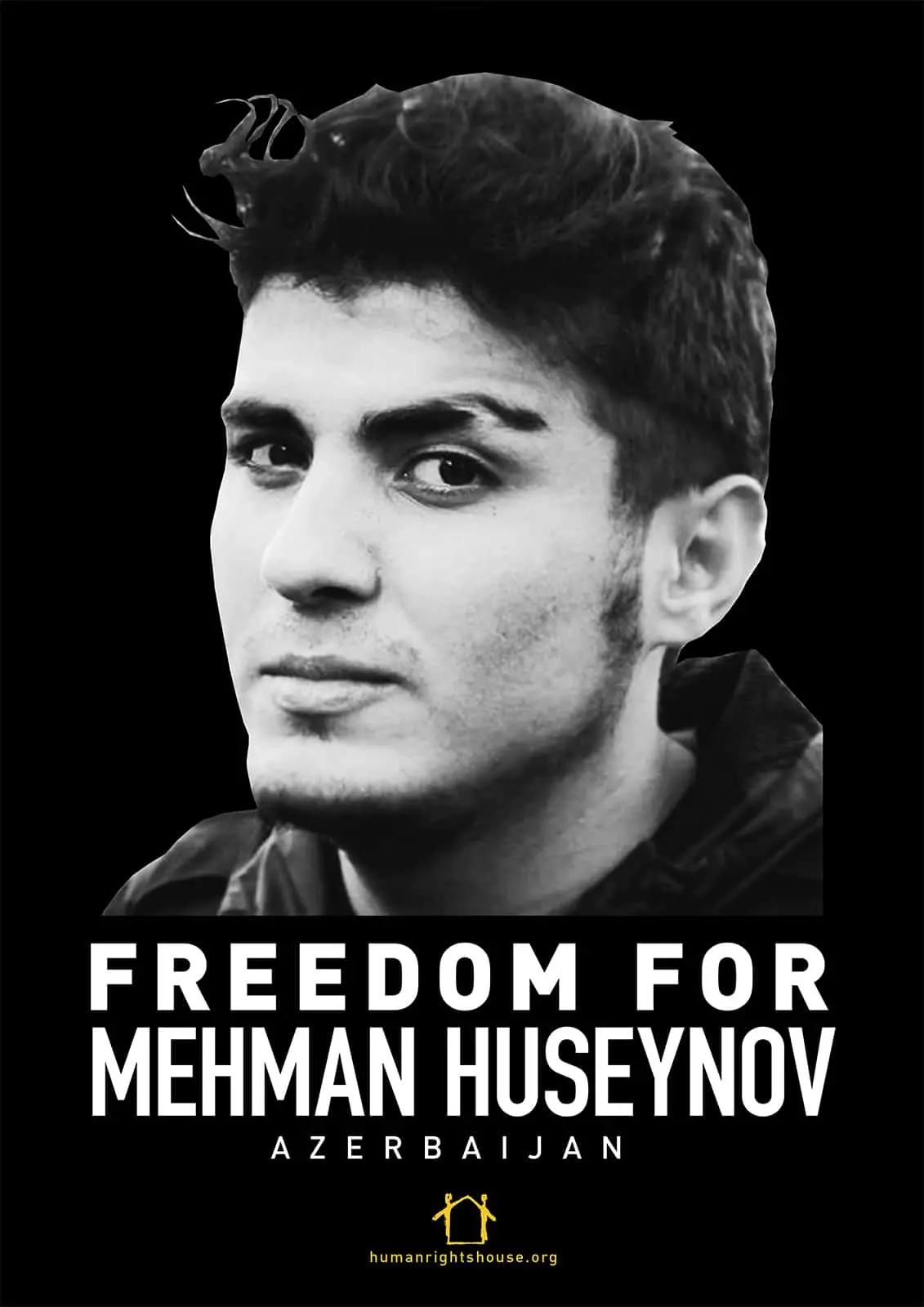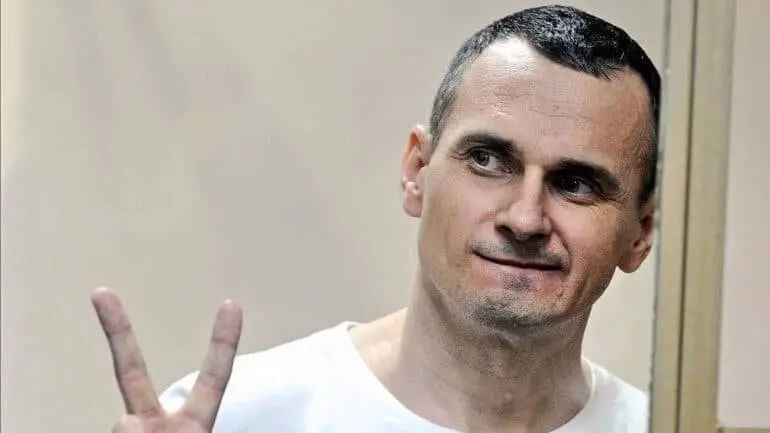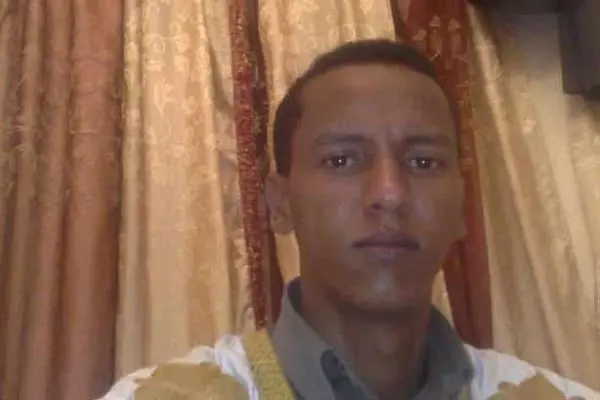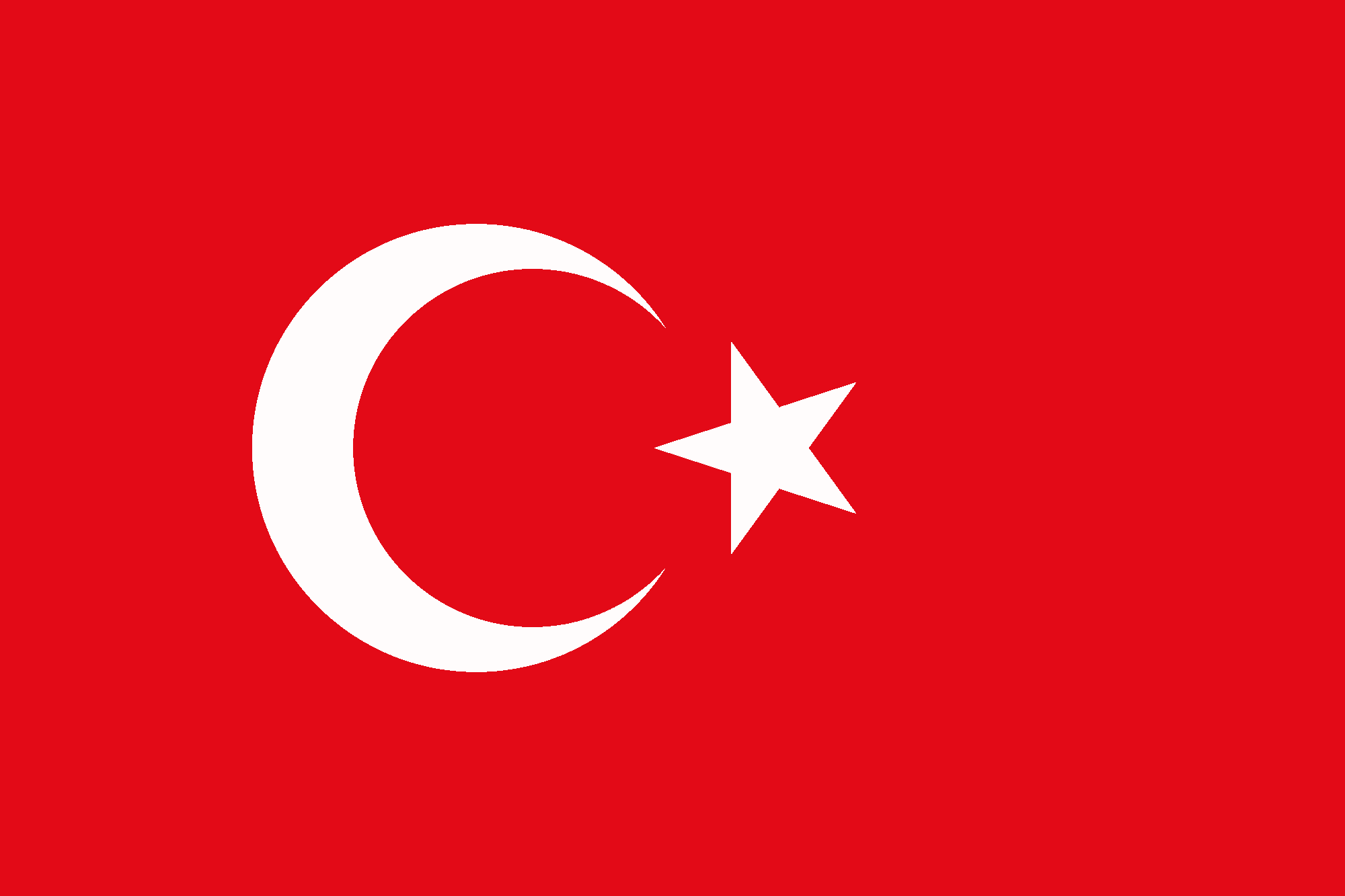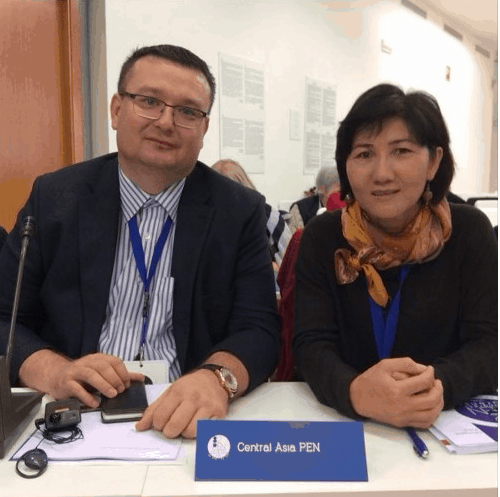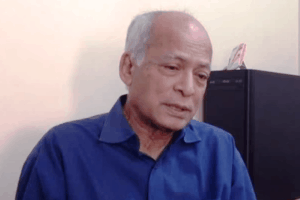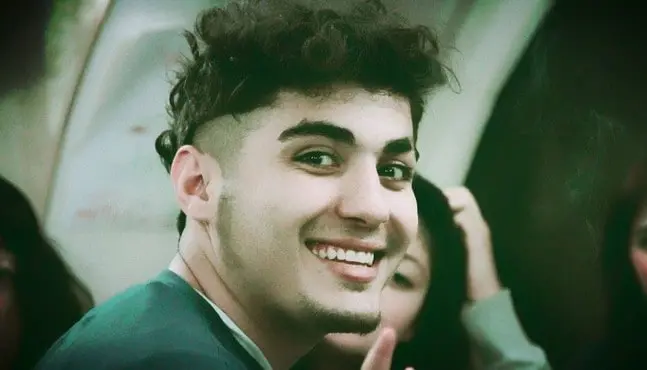For the first time in modern history, the Bolshoi Theatre has decided to halt a production just days before its premiere. Curtains will not go up for a ballet about Rudolf Nureyev, the genius Russian dancer, scheduled to open on the famed Moscow stage on July 11 this year.
State-owned news agency TASS and the independent TV Rain circulated reports that Culture Minister Vladimir Medinsky had ordered the Bolshoi’s director, Vladimir Urin, to cancel the performance because Nureyev was gay, and thus the ballet would fall under the infamous “gay propaganda’’ law. The Ministry of Culture denied that it had intervened. But it’s not hard to believe that the Russian government—particularly the Ministry of Culture, with its focus on promoting “family values”—would reject the scenes of male dancers in high heels, the love story between Nureyev and Dutch dancer Erik Bruhn, and a giant nude image of Nureyev that characterized the production.
Government pressure is not new for the Bolshoi. In 2005, when the Bolshoi released Leonid Desyatnikov’s opera Rosenthal’s Children, with a libretto by Vladimir Sorokin, some deputies of the State Duma and activists from state-aligned youth organizations exerted public pressure on the theater because of obscene language used in the play. At that time, the performance was not canceled, but that was 2005. Things have gotten worse.
The situation with free expression in the artistic field in Russia is deeply alarming. A regime that turned over a majority of the country’s media outlets to state control and promulgates fake news—not only in Russia but around the world—is now turning to art. Take, for instance, Kirill Serebrennikov, perhaps the most innovative theater director in modern Russia and a vocal critic of attempts by government and religious leaders to censor art, who became the center of an alleged embezzlement scandal earlier this year. PEN America and other civil society organizations have condemned the investigation as an attempt to intimidate artists and silence expression that the government finds distasteful.
Many people in Russia remember bold public speech by theater director Konstantin Raikin that Serebrennikov and many other prominent theater personalities supported. Rankin called for “guild solidarity” to defend theater and art in Russia. Poet Lev Rubinstein joined the call recently, appealing to guild solidarity in a Facebook post. “My dear theatrical people!” he wrote. “Don’t you consider the possibility (or even necessity) of a general theater strike?”
Today in Russia, it seems, it is no longer possible to be “just” an artist. Art bleeds into politics, and politics into art as the government seeks to hone its control over expression. To be an apolitical artist in modern Russia is to deny reality.

